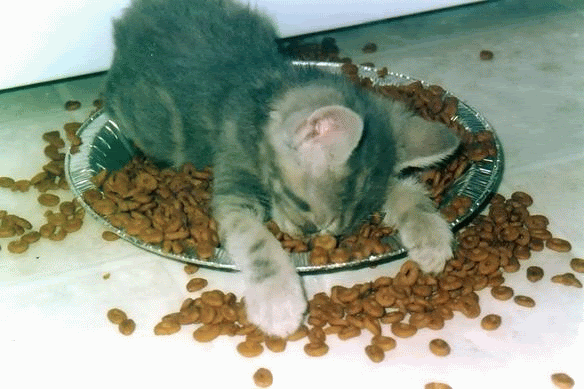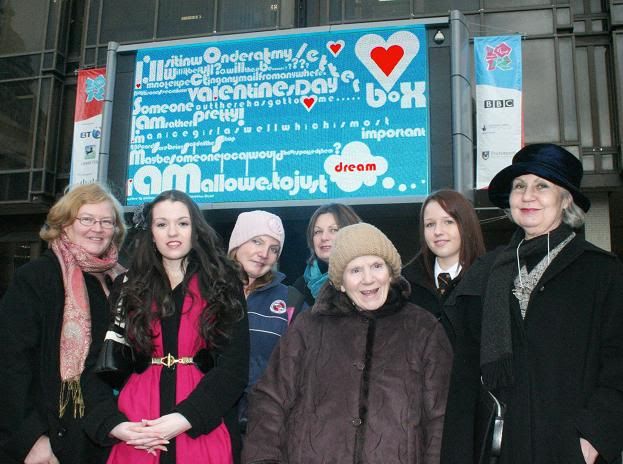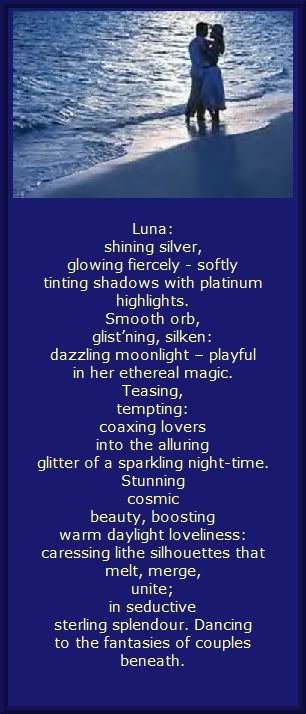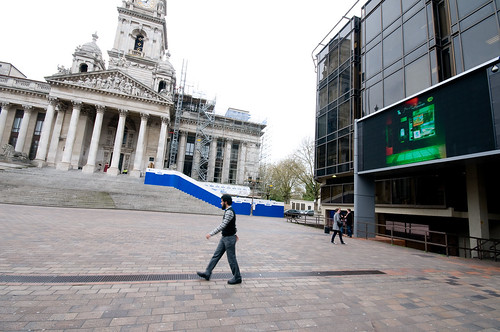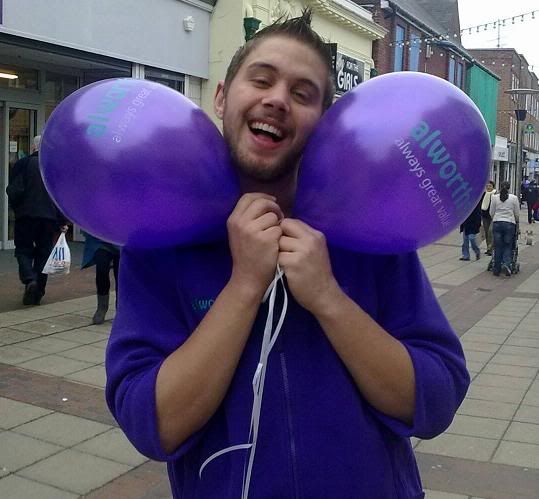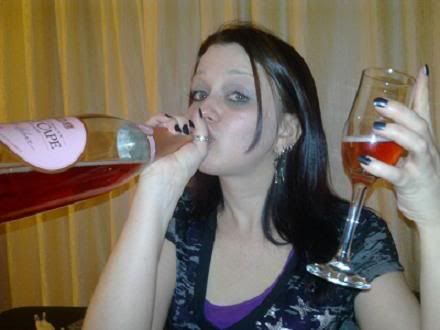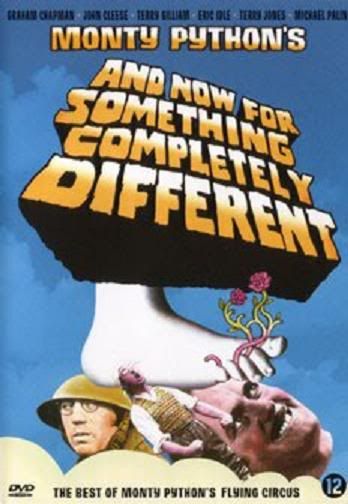
I’ve long wanted to be more involved in community volunteering, and thought that this quiet Christmas might provide the perfect opportunity to exercise my atrophied humanitarian muscles. It’s not easy to be a slightly misanthropic humanitarian, but it’s a similar inner-conflict to being a cynical idealist, so is a contrary state of being which I have learnt to accept. In late October I began emailing local charities and organizations who I thought might be working with disadvantaged members of the community this Christmas-time. Restricted slightly by the limited public transport and the fact that I don’t drive, I took a chance on contacting the church that sits at the top of my street. It’s been here longer than I have, but the last time I was inside it I can’t have been much more than about 7 years old. A friend of the family had invited me to a Sunday School program which had been set up during the summer holidays, and I went along because someone said that all the stories were told with puppets, and that all the hymns usually reserved for school assemblies would be accompanied by guitar. (I had a very sheltered childhood and that seemed intriguingly novel.) At the time it seemed fun and friendly, but I didn’t go to more than a couple because I felt very out of place. I shouldn’t have, as I knew several of the other children there and I was familiar with the fables and bible stories being so cheerfully narrated, but even then I just didn’t feel like my faith fit their formula. I very much enjoyed Religious Studies at school, but didn’t ever feel compelled to sign up to any of the religions we covered. I liked bits from them all, and for me that was good enough. In many ways it still is, though I put more faith in science and people than I do much else. That said, I still have room in my life for some spirituality, and like the “safety net” of thinking that there is something out there in case I screw up. I don’t need to analyse it or explain it, and don’t feel the need to probe it further. People of faith often have some difficulty with this, because they want me to commit to one or other god/religion, and seek to categorise or convert my non-specific ‘hope’ into a tried-and-tested ‘belief’.
Partly because of this unsuitability, I had mixed feelings when the church got back to me at the end of November with a list of seasonal suggestions for helping out over the holidays. The opportunity they offered was perfect in so many ways; so local it was within spitting distance of the house, on Boxing Day so that I didn’t have to leave my grandmother alone at Christmas, and it was an event for lonely and disadvantaged residents (which, due to my Social Worker gene, pleased me more than the convenience). I was apprehensive though, because I remembered how out of place I had always felt there – and was fully aware that I hadn’t set a stiletto’d foot inside a church for more than a wedding, christening, funeral or carol concert in nearly a decade. The event they had organised was a Christmas service with carols, followed by coffee, a buffet lunch, and then an afternoon of entertainment, and was open to anyone with nowhere else to go; asylum seekers, the homeless, immigrants, singles, vulnerable people, and the elderly.
When arranging to help I had politely opted out of the morning service, and arrived later to prepare lunch and set the tables. The church has undergone major redevelopment recently, and is still only half-finished. I’ll admit to feeling a little overwhelmed by the now-unfamiliar building, and the sea of equally-unfamiliar faces whose accompanying names I’d forgotten almost before I’d finished shaking their hands. Putting my discomfort and the redundant introductions aside, I busied myself with the tasks set by the Leader of the Kitchen People. It was obvious immediately that the warm and approachable women in charge of today’s buffet had limited experience catering for charity. I grew up helping with the New Year’s Eve buffet at the Community Centre my grandfather ran, and helped with it almost every year from early childhood until his death when I was 19. Whether it was gathering balloons, buttering bread or – my very earliest job putting hundreds of sausages on sticks – I’d participated in a lot of buffet-cooking on a budget. These ladies, though all very nice, obviously had not. The food was lovely, but the presence of a pack of luxury Organic Jersey butter meant that their inexperience of low-cost cuisine was rather telling.
Within minutes of my arrival I was slicing baguettes for the garlic bread, and it became apparent that the ovens were no longer working. (It became apparent because the electricity for the whole room shorted.) Wondering how there could be a smell of burning when the oven was out, it was soon discovered that the smoke was coming from the electrical socket the oven had been plugged into. Due to the building work, the electrical supply to the points in the kitchen hadn’t been connected, so the Leader of the Kitchen People had plugged it into a 13amp socket on a reel of the builder’s extension cables. This shouldn’t have been amusing, but a long-standing joke between friends and me has been that none of us are saintly enough for churchgoing, and would probably be struck by lightning if we ever entered one at all. As I was stood a couple of feet at most from the oven and power-socket when it burst into flames, a little corner of my smoke-blackened soul wanted to jeer a triumphant “Ha! You missed!” in the direction of the church hall. More appropriately, I suggested that we take the trays of half-cooked food down the street to finish them off in my home oven, because the alternative was to serve little other than crusty bread and cherry tomatoes.
With lunch rescued and tables set, it was time to mingle with some of the event attendees, who were a very mixed – but over-all very lovely – bunch of people from all kinds of backgrounds. After coffee it was time for people to sit down to lunch. After my first gaffe – continuing to set Christmas crackers on the tables while they were saying grace, until I realised I should step back and stand still – lunch went pretty smoothly. Everyone was fed, and chatting to some of the other volunteers was nice. After setting out the food and making tea, I found myself seated between a particularly friendly couple who lived and worked locally and who were both fun, lively company, and a sweet Zimbabwean lady who had no family in the country. It was when chatting with the volunteers and other ‘regulars’ that I encountered the only nagging awkwardness of the day, which came every time anyone asked me which church I worship at, or asked how long I had been coming to theirs. Quietly saying that I am not a churchgoer and was just helping out seemed to satisfy some, and they were additionally thankful that I had spared my time for complete strangers. Others wanted a little more detail, and continued to advocate their different services to try and persuade me to join them. None were too pushy once I aired my Agnostic card, which I was pleased about. I had hoped to overturn the unfortunate stereotype all too commonly encountered in other religious folk, which involved any attempt to convert me, but was unfortunately unsuccessful. There was only one particularly dogged attempt to get me to come along to their services, but I think it backfired a little. I’d noticed a little leaflet placed on the table near me when she returned from fixing herself a coffee, but my only temptation to look at it came from the overwhelming desire to graffiti it. The leaflet had “The meaning of life is ____.” printed onto it in bold blue letters, and had I not been surrounded by disapproving people then I would have succumbed to the impulse to scrawl “42” in the blank space, a la Douglas Adams’ answer to the ultimate question in Hitchhiker’s Guide to the Galaxy. While they were watching the film, I was sneaking a photo of the leaflet to announce my compulsion via Facebook as a way of preventing myself from fulfilling it in plain sight of the congregating Christians.
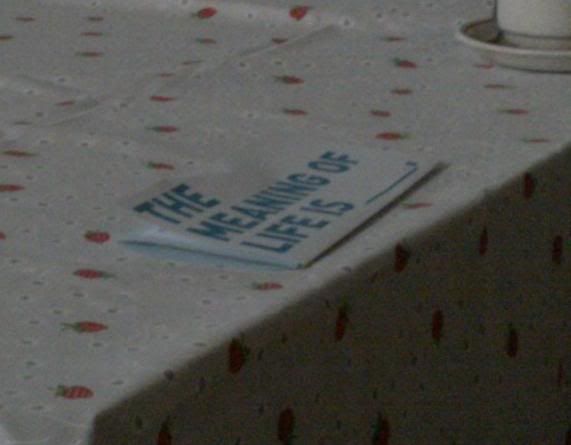
Not long after this, I was given the leaflet and told that it detailed an educational program designed to “explain Christianity”. She then asked me what I knew about the Alpha Course. Well, this presented the second point of awkwardness, because the only thing I really know about the Alpha Course comes from articles and documentaries by Jon Ronson, where he exposes the emotional manipulation behind the charismatic and persuasive approach, which at its zenith encourages speaking in tongues. I think she realised that I was unlikely to follow it up at that point, but I took the leaflet because I’d spent two hours wanting to do this:

A short clip where Ronson provides a brief but suitably sceptical description of the Alpha Course:
The entertainment for the day turned out to be not all that different to my Sunday School experience, as in the very same hall after lunch a man sat down with a an acoustic guitar, and vainly attempted to get people to sing along, before letting them play games instead. The only difference now was that instead of snakes and ladders they brought out a Nintendo Wii, which one of the younger volunteers attempted to teach a couple of old ladies how to play. The games were gradually replaced with quieter pursuits, as a handful of people settled into a game of scrabble, and everyone else relaxed into comfy chairs to watch a movie. Since puppets had been pivotal to my previous encounter, I was amused that the film chosen was Muppet Christmas Carol, bringing them to the fore once again.
Most people go to church to find God; whenever I go I find Jim Henson.
One older lady who was either Jamaican or Ghanaian giggled solidly throughout the movie, muttering to herself throughout the plot and gripping my arm while bent-double with laughter whenever any of the mice or Rizzo the Rat came on-screen. When it was over she asked if “the local library would have the book the film was made from” and asked who it was by. Considering that there is a Charles Dickens museum in Portsmouth, which faithfully recreates and preserves the house he was born in, it is uncommon to come across anyone who doesn’t know at least a little about the man. Dickens is such a traditional and iconic part of our local and national literary heritage that it was odd, for a moment, to find someone who was discovering him and his most famous Christmas tale for the first time. It was also lovely, because all the magic and laughter and emotion which I associate with my own childhood memories of the film was present in her experience of it, which was charming in its purity. She was thrilled with every scene, and completely wrapped up in the colourful cast of characters. It was a delight to witness, knowing as we explained Dickens to her that there was such a wealth of literature for her to explore next. Though if she’s hoping for a version of Great Expectations featuring Kermit as Pip and Miss Piggy as Estella, then I fear that she will serve only to confuse the librarian.
It was a very nice day on the whole, which succeeded in changing my Christmas routine enough that it was not only fulfilling, but far less strange. Before today my impressions of the local church had been limited to guitar music, puppetry, people trying to convert me, and a fear of catching fire. Now? Well… I’ll always associate it with sausage rolls too.
